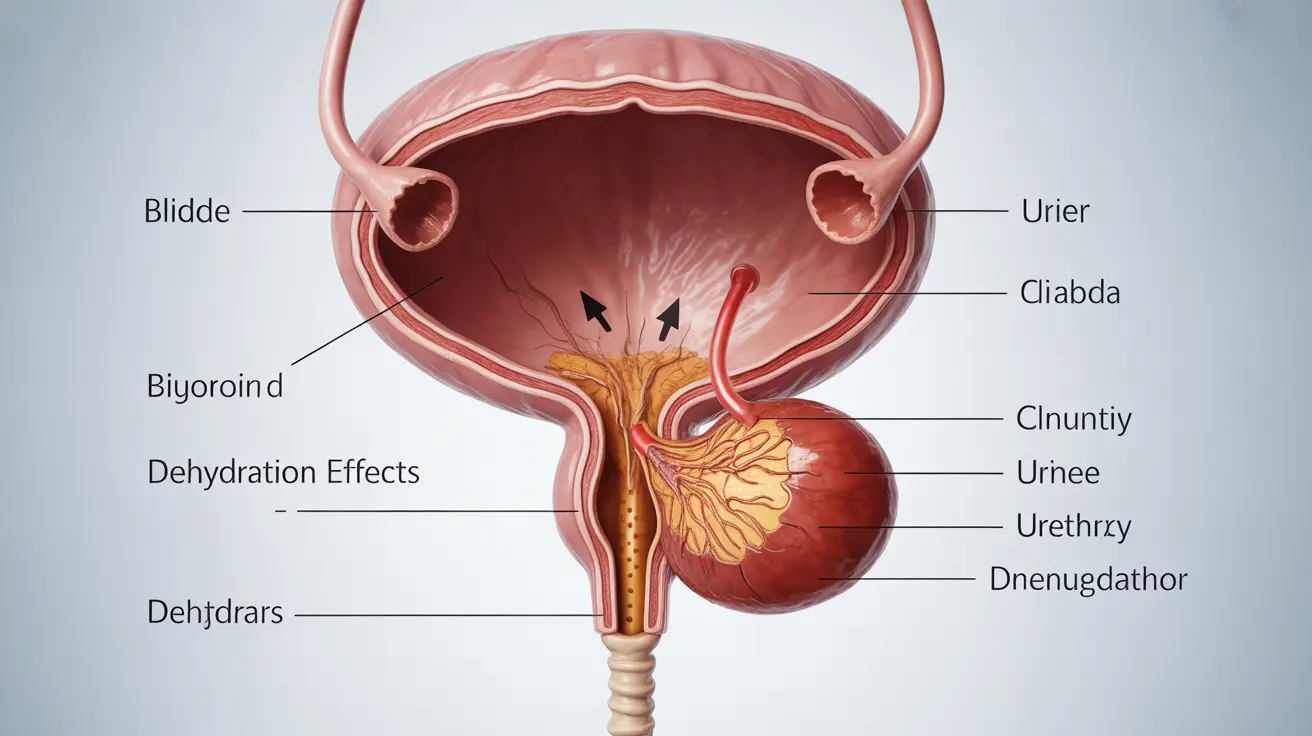Intrusive thoughts are unwanted, distressing thoughts, images, or urges that seem to pop into your mind without warning. While experiencing these thoughts can be unsettling, they're actually a common part of human experience. Understanding what causes them and how to manage them effectively can make a significant difference in your daily life and overall mental well-being.
This comprehensive guide will explore the nature of intrusive thoughts, their relationship with various mental health conditions, and practical strategies for managing them. Whether you're experiencing these thoughts yourself or seeking to understand them better, we'll provide clear, evidence-based information to help you navigate this challenging aspect of mental health.
Understanding Intrusive Thoughts
Intrusive thoughts can manifest in various ways, from brief, passing concerns to more persistent and distressing thoughts. These unwanted mental intrusions might involve fears about harm coming to loved ones, inappropriate social behaviors, or other disturbing scenarios. While uncomfortable, having these thoughts doesn't mean you'll act on them or that they reflect your true desires or character.
Common Types and Manifestations
Intrusive thoughts typically fall into several categories:
- Harm-related thoughts (fears of hurting oneself or others)
- Contamination concerns
- Religious or moral-themed thoughts
- Relationship-focused doubts
- Perfectionism-related thoughts
- Sexual or inappropriate social behavior thoughts
The Connection to Mental Health Conditions
While intrusive thoughts can occur in anyone, they're often more prevalent and intense in individuals with certain mental health conditions. Obsessive-Compulsive Disorder (OCD) frequently involves intrusive thoughts as a core symptom, where these thoughts become obsessions that drive compulsive behaviors. Post-Traumatic Stress Disorder (PTSD) can also feature intrusive memories or thoughts related to traumatic experiences.
Triggers and Contributing Factors
Several factors can contribute to the frequency and intensity of intrusive thoughts:
- Stress and anxiety
- Sleep deprivation
- Major life changes
- Hormonal fluctuations
- Traumatic experiences
- Underlying mental health conditions
Management Strategies and Coping Techniques
Mindfulness and Acceptance
Learning to observe intrusive thoughts without engaging with them can be powerful. Mindfulness techniques help you acknowledge these thoughts while understanding that they don't define you or require action.
Cognitive Behavioral Approaches
Cognitive Behavioral Therapy (CBT) techniques can help you reframe and respond to intrusive thoughts more effectively. This might include:
- Challenging thought patterns
- Exposure and response prevention
- Developing healthy coping mechanisms
- Building stress management skills
Lifestyle Modifications
Certain lifestyle changes can help reduce the frequency and impact of intrusive thoughts:
- Regular exercise
- Adequate sleep
- Stress reduction practices
- Healthy social connections
- Balanced nutrition
When to Seek Professional Help
While some intrusive thoughts are normal, certain signs indicate a need for professional support:
- Thoughts that significantly impact daily functioning
- Persistent distress or anxiety
- Development of compulsive behaviors
- Thoughts that lead to social isolation
- Difficulty maintaining work or relationships
Frequently Asked Questions
What are the common causes and triggers of intrusive thoughts in daily life?
Intrusive thoughts are often triggered by stress, anxiety, fatigue, and significant life changes. Common causes include work pressure, relationship challenges, health concerns, and major life transitions. Environmental factors and personal vulnerabilities can also play a role in their frequency and intensity.
How do intrusive thoughts relate to mental health conditions like OCD and PTSD?
In OCD, intrusive thoughts often become obsessions that drive compulsive behaviors as a means of reducing anxiety. In PTSD, intrusive thoughts typically relate to traumatic experiences and can manifest as flashbacks or recurring memories. While these conditions feature intrusive thoughts prominently, the thoughts themselves may differ in nature and intensity from those experienced by people without these conditions.
What are effective ways to manage and treat intrusive thoughts without medication?
Effective non-medication approaches include mindfulness practices, cognitive behavioral therapy techniques, regular exercise, stress management, and maintaining healthy sleep patterns. Building a strong support network and practicing relaxation techniques can also help manage these thoughts effectively.
Can stress and anxiety alone cause intrusive thoughts, or are they always linked to underlying mental health issues?
Stress and anxiety alone can absolutely cause intrusive thoughts in people without underlying mental health conditions. These thoughts are a common response to heightened stress and don't necessarily indicate a mental health disorder. However, persistent or severely distressing thoughts may warrant professional evaluation.
How can I differentiate between normal intrusive thoughts and those that may indicate a need for professional help?
Normal intrusive thoughts typically come and go without significantly impacting daily life. Consider seeking professional help if thoughts are persistent, cause extreme distress, interfere with daily activities, lead to compulsive behaviors, or make you feel unable to function normally. The key difference often lies in the frequency, intensity, and impact on your quality of life.




